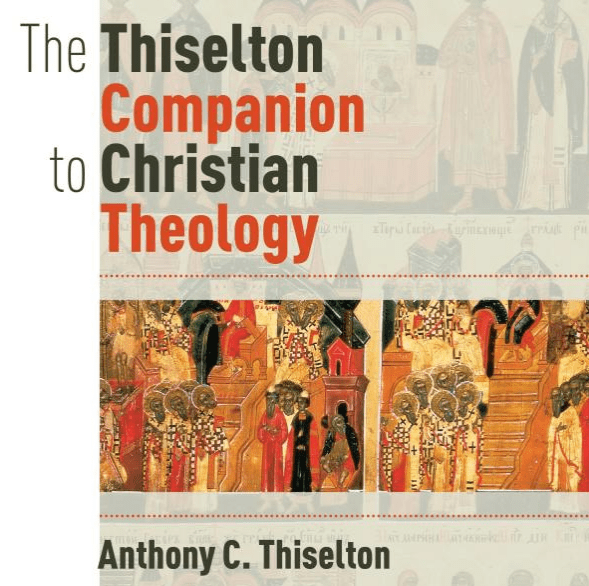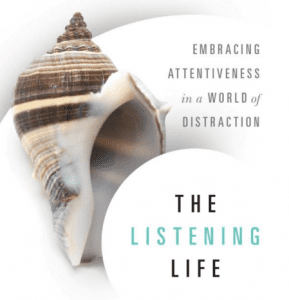 Any biblical scholar who wants to enter into the theological or hermeneutical discussion takes on a colossal challenge if he or she wants to comprehend and map the field. Very few biblical scholars even try and most stay closeted within a discipline; some have ventured into the wider fields by seeking either to contribute to more than one discipline or to speak into the church’s wide-ranging life.
Any biblical scholar who wants to enter into the theological or hermeneutical discussion takes on a colossal challenge if he or she wants to comprehend and map the field. Very few biblical scholars even try and most stay closeted within a discipline; some have ventured into the wider fields by seeking either to contribute to more than one discipline or to speak into the church’s wide-ranging life.
The only biblical scholar I know who seems to go after lots of it is Anthony C. Thiselton, and he has left us with a deposit of what he knows about the breadth of the field of Christian theology in a new 860 page doorstopper of a book called The Thiselton Companion to Christian Theology.
This Companion is a very reliable and useful one volume sketch of major issues in theological and biblical studies with sensitivity to the Anglican Communion (Thiselton is ordained in the Church of England).
Anyone — and I mean anyone — who seeks to do what Thiselton does here will have gaps, and I noticed immediately in his Bonhoeffer essay a seemingly inexplicable use of older editions to the Bonhoeffer works — he refers, for example, to The Cost of Discipleship when the book is now officially called Discipleship (and has been for some time). Anyone will also ride favorite topics — he has some long essays, say on Barth, Luther and Pannenberg along with substantive essays on Augustine, Bultmann, Balthasar, Calvin, Küng, Moltmann and Rahner — along with a generous piece on “N. Thomas Wright” but a (way too short one) on J.D.G. Dunn. Others seem not to make an appearance. But, still, these are quibbles.
And most anyone would have some dating, and his essay on atonement reflects dating — he’s a little too preoccupied with older debates among the British (Dodd, Morris) and, while being critical of J. Denny Weaver, seems to ignore much that has been said in the meantime, like R. Girard (who seems to be capturing more and more). Yet, his substantive essay is admirable and covers so much ground in a sweeping but accessible and useful manner. I can’t imagine any student not benefiting from using Thiselton’s sketch of atonement. I can say the same of dozens of other articles.
What Thiselton brings to the text is a dazzling mastery of hermeneutics (e.g., his entry on liberation theology) and it pervades both his interests and his discussions (not as much on historians, for example, Martin Hengel).
He thinks for himself: in his essay on evangelicalism we don’t get yet another statement that David Bebbington’s quadrilateral is the right approach. He charts his own seven characteristics with degrees of emphasis in one group or another.
Thiselton writes more than — count them — 600 articles, the substantive ones more than competent (e.g., Holy Spirit, his Trinity discussion could be a short book), the shorter ones solid and reliable and even when not enough space is given to an entry he gives students and pastors what they need for normal study unless someone is hoping for something substantive and gets a short one (Anabaptists has five lines; he knows of Hauerwas and has nothing on Yoder). Some entries are too short to be included (again, Anabaptists).
I will keep Thiselton’s Companion on my desk for ready access.











